-
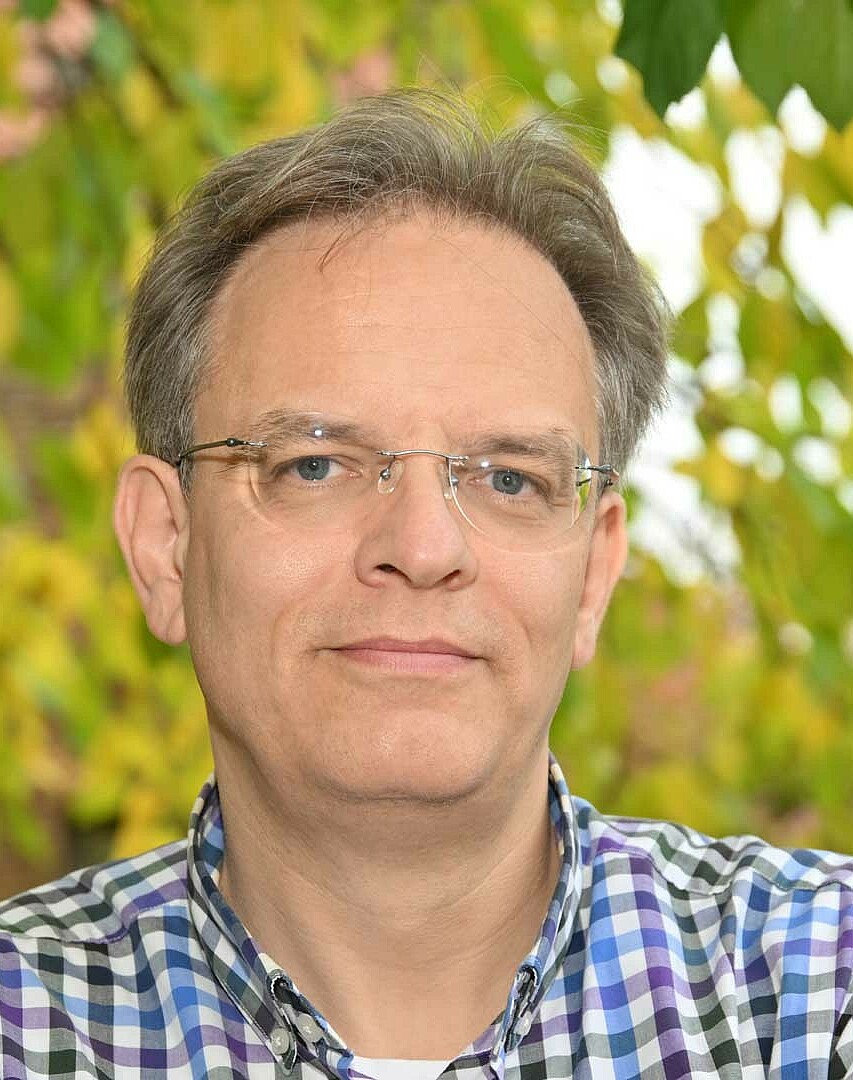
© Christian Ulrichs
23.06.2025Prof. Dr. Dr. Christian Ulrichs, Humboldt-Universität zu Berlin
Plants are the great passion of Prof. Dr. Dr. Christian Ulrichs. And his research is of great practical benefit to all of us, as it affects the quality of our diet as well as the sustainable use of resources. The Brain City Ambassador heads the “Urban Ecophysiology of Plants” department at the Thaer Institute of Agricultural and Horticultural Sciences at Humboldt-Universität zu Berlin.
“Already during my studies at Freie Universität Berlin and my subsequent doctorates at Humboldt-Universität zu Berlin and the Technical University of Munich, I was always interested in topics that solve real problems. It was important to me that my work did not just end in a final report or a publication,” says Prof. Dr. Dr. Christian Ulrichs. The field that the biologist has chosen to work in is agricultural and horticultural sciences. On the one hand, because of the high application relevance, and on the other hand, because practical solutions in this area can be developed particularly well with partners.
Since 2009, the Brain City Ambassador has headed the “Urban Ecophysiology of Plants” department at the Faculty of Life Sciences of the Thaer Institute of Agricultural and Horticultural Sciences at HU Berlin. His research focus: How plants adapt to urban environmental conditions. “My particular focus is on the analysis of secondary metabolite balance, substance allocation, competition mechanisms and insect-plant interactions,” explains Ulrichs. Secondary plant metabolites are decisive for the quality of horticultural products. They not only contribute to the natural defence against pests, but also significantly influence the health value of fruit and vegetables – as well as the shelf life and sensory properties of the plants and their fruit. “These compounds have antioxidant, anti-inflammatory or antimicrobial effects and are considered bioactive substances with preventive medical potential,” says Ulrichs. In nutrition, the compounds are therefore increasingly in demand. “In horticultural practice, we try to promote corresponding plant metabolites specifically – for example through variety selection, stress management or adapted cultivation methods.”
What particularly interests Christian Ulrichs in his work: How research results can be transferred from the laboratory to practice. “For example, we are experimenting with systematically enriching bioactive plant metabolites in the production of horticultural food. This is because they also play a central role in innovative agricultural systems such as controlled organic farming for sustainable, health-orientated food production. Another aspect is to combine different production systems in such a way that no residual materials are left over.”
The Berlin University Alliance offers me many opportunities to work with partners from different areas. It is also important to me to take our research to the city. I find it particularly exciting when society actively participates in our research.
Other projects that Christian Ulrichs and his team are currently researching are also exciting and relevant to everyday life. One of these is the search for forgotten grape varieties: “We analyse their biochemical potential and multiply them using tissue culture technology,” says the Brain City Ambassador. The team has already identified a red Riesling as a variety. This is now produced and sold as “Humboldt wine”. In another project, Ulrichs’ team is researching the therapeutic value of cannabis. And the interdisciplinary research project “CUBES Circle” is about innovative, modular agricultural systems for urban food production. Ulrichs: “Our aim is to cultivate plants, fish and insects in standardised, stackable container units – so-called ‘CUBES’ – that are intelligently networked with each other and work in closed energy and material cycles: What is left over in one production system is used as a raw material in another system. In this way, we produce food with virtually no waste, low emissions and in a small space. We built a special research building for this in Berlin!”
Christian Ulrichs first moved to Berlin in the 1980s to study here. “I came to Berlin shortly before the fall of the Wall. After studying biology at Freie Universität Berlin, I then worked in Taiwan, the Philippines and the US, among other places.” In 2003, Christian Ulrichs was appointed junior professor at the HU Berlin and thus began his second academic phase in Berlin. “Back then, the concept of a junior professorship was something completely new, which was the only reason I left the US.”
Christian Ulrichs has not regretted his move back to the Brain City. “Berlin is a melting pot of cultures, a place where people from all over the world are welcome. The city has a unique blend of urban life and nature, making it a great place to live.” Professionally, he particularly appreciates the city’s intensive scientific networking. “The Berlin University Alliance offers me many opportunities to work with partners from different areas: from the production and processing of products to clinical studies. We also work closely with other research institutions and universities in several joint projects and working groups, both regionally and nationally,” explains Christian Ulrichs, emphasising: “It is also important to me to take our research to the city. I find it particularly exciting when society actively participates in our research.”
Christian Ulrichs advises young scientists who would like to come to Berlin to find out about suitable scholarships or project funding at an early stage. It is essential to take the initiative and network actively. “Berlin offers an exceptionally dense research landscape with renowned universities, excellent non-university institutes and a strong international community,” says Ulrichs. “Those who make targeted use of this diversity can significantly improve their career opportunities.” (vdo)
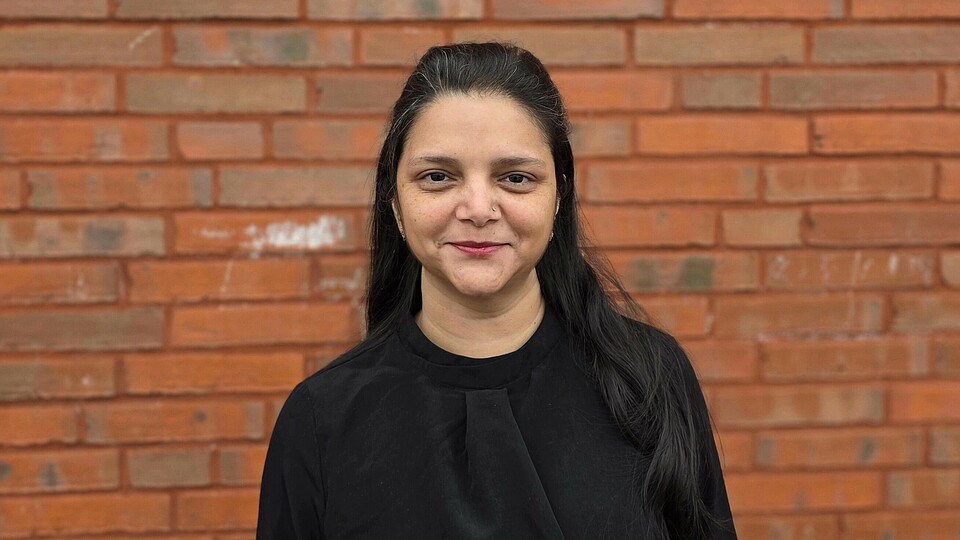
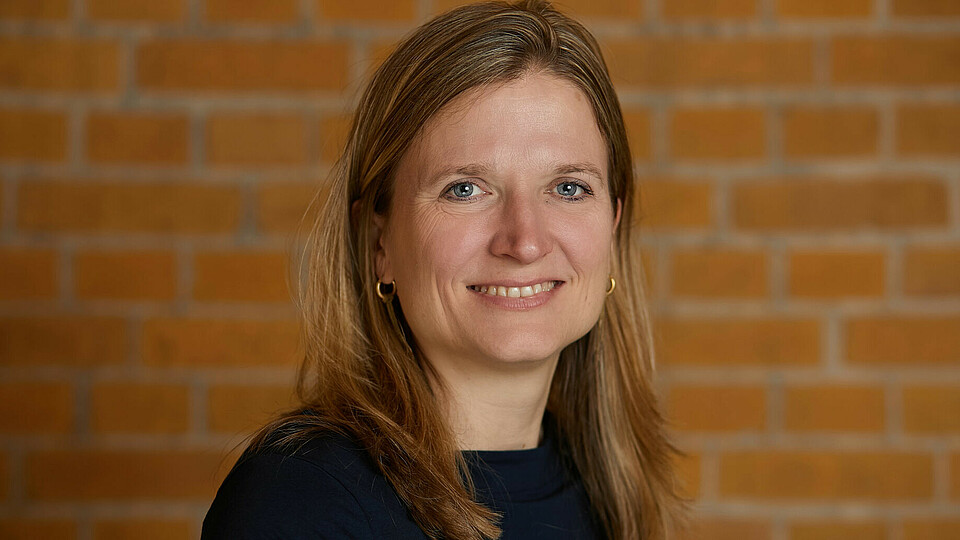
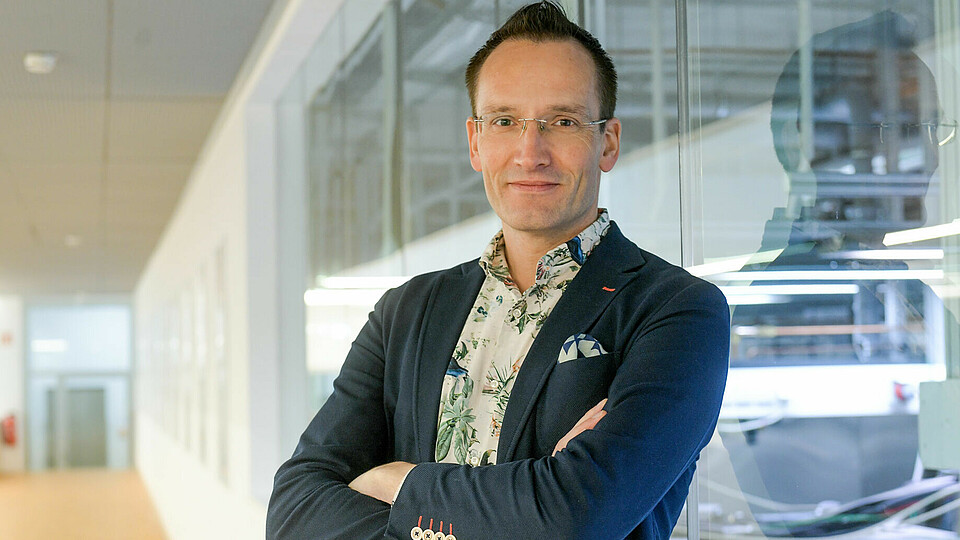
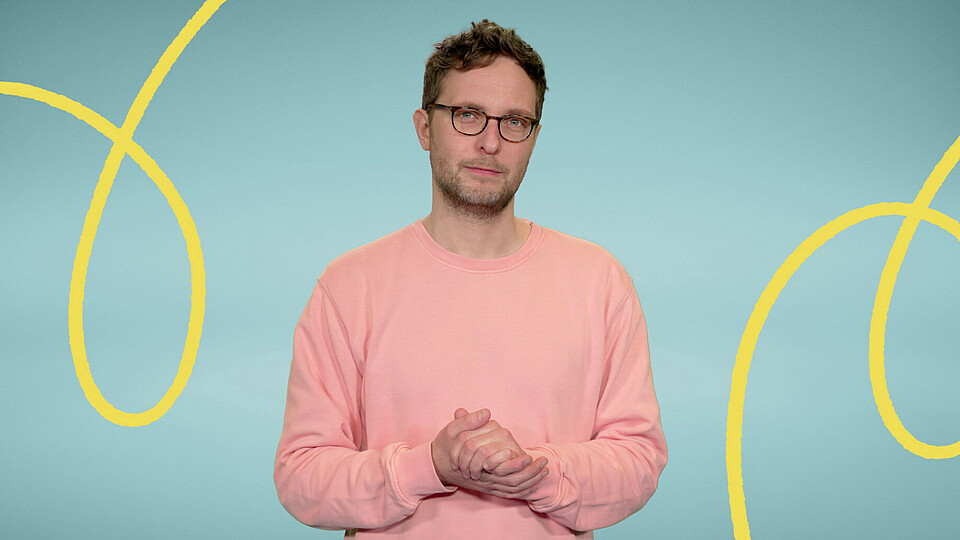
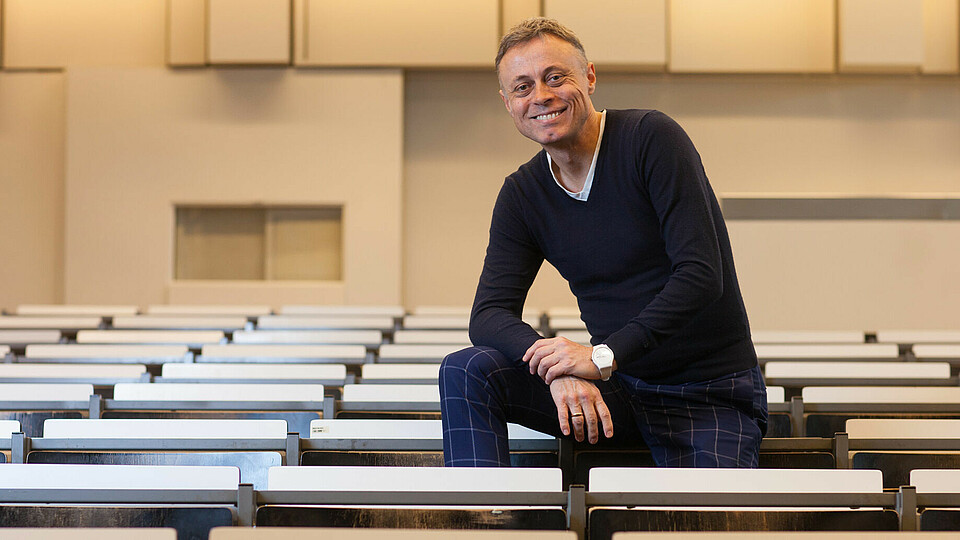
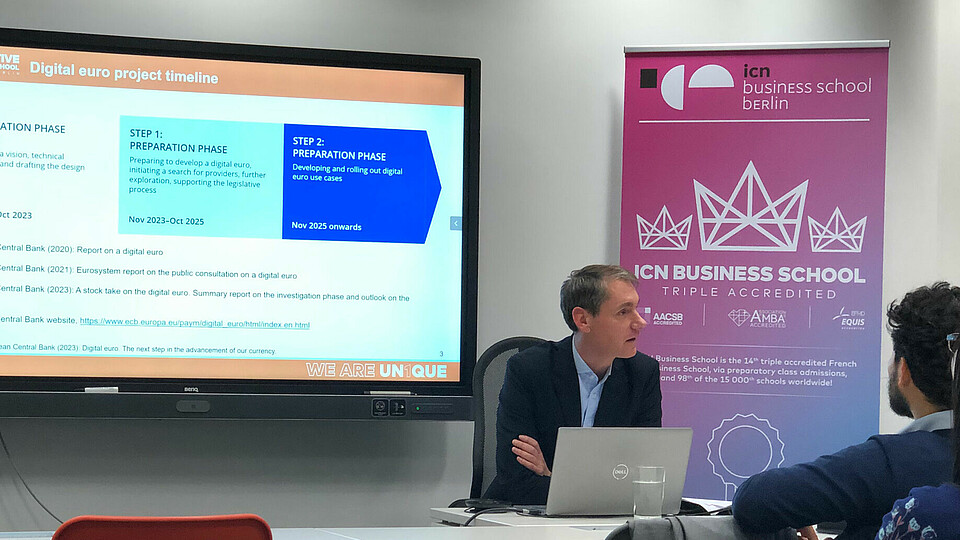
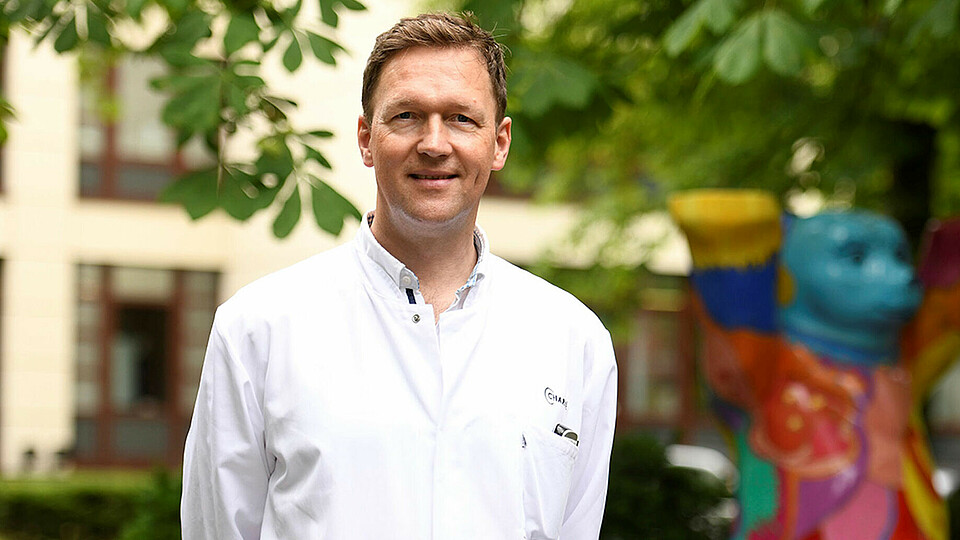
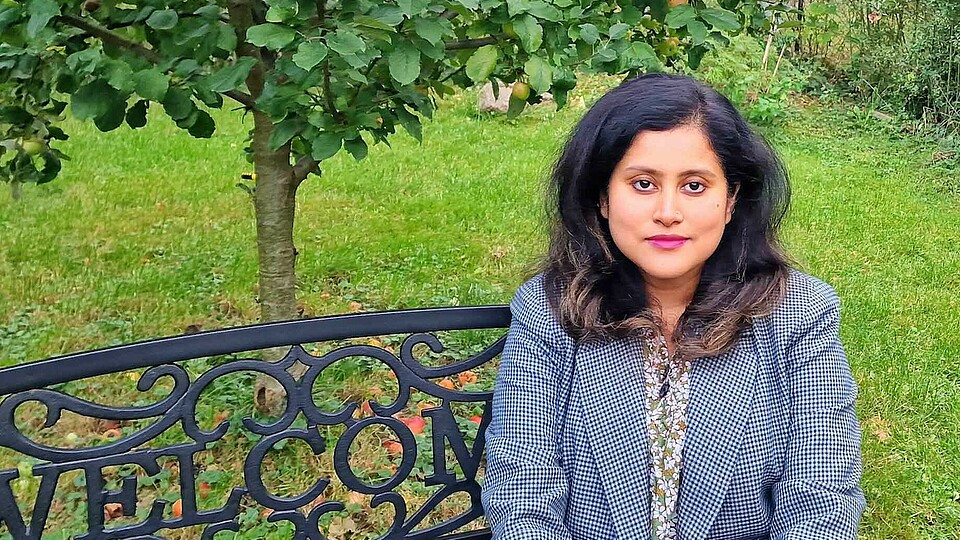
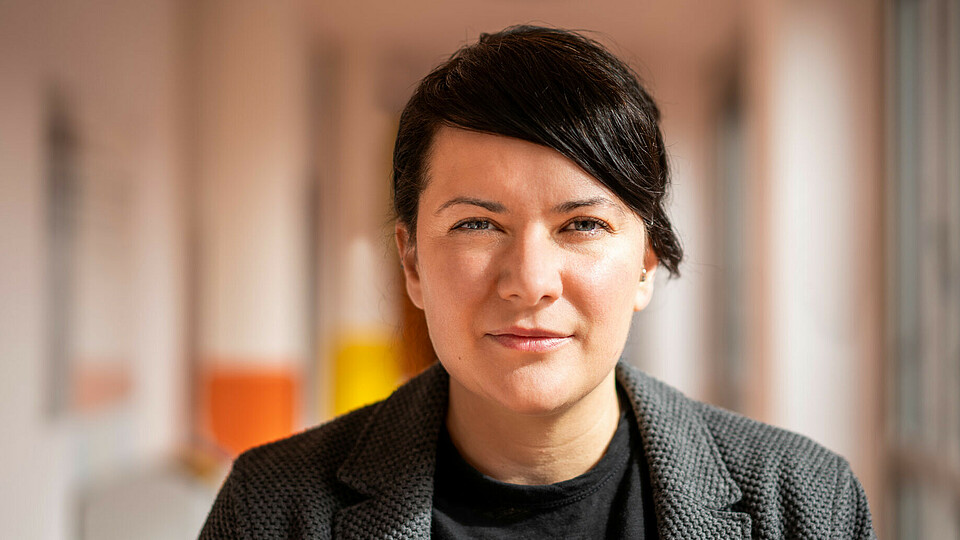
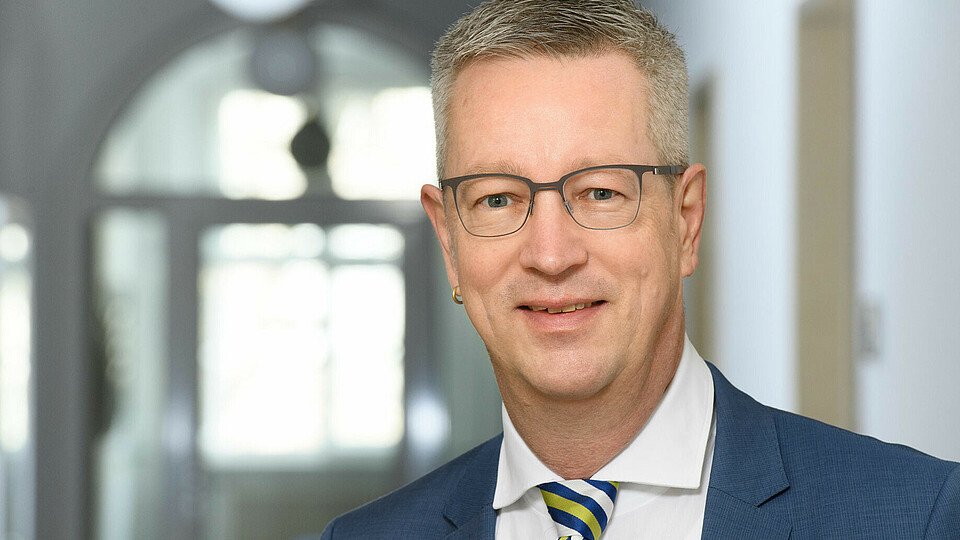
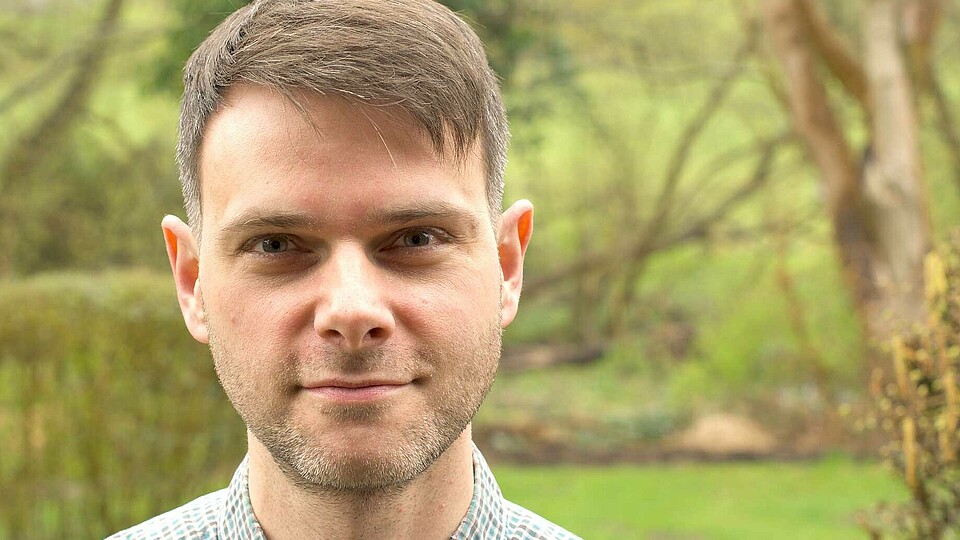
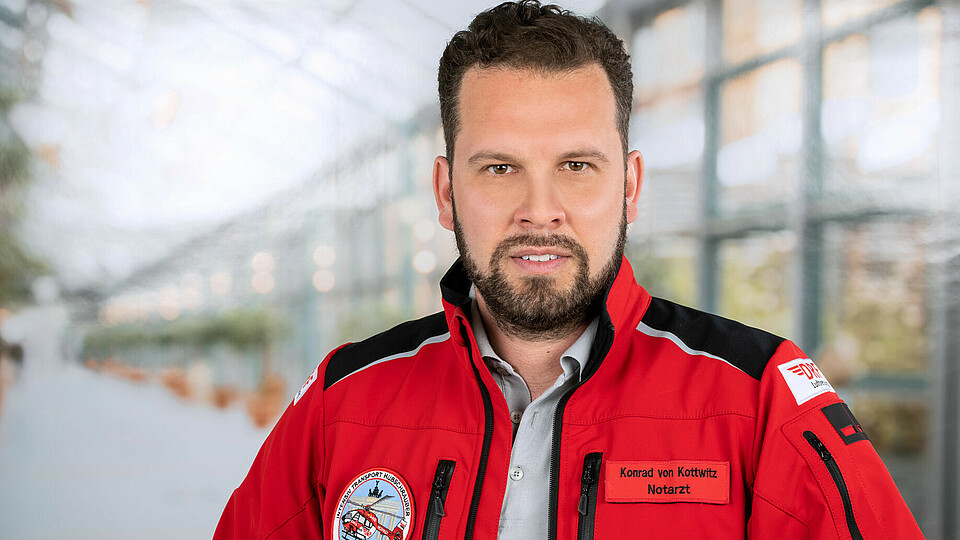
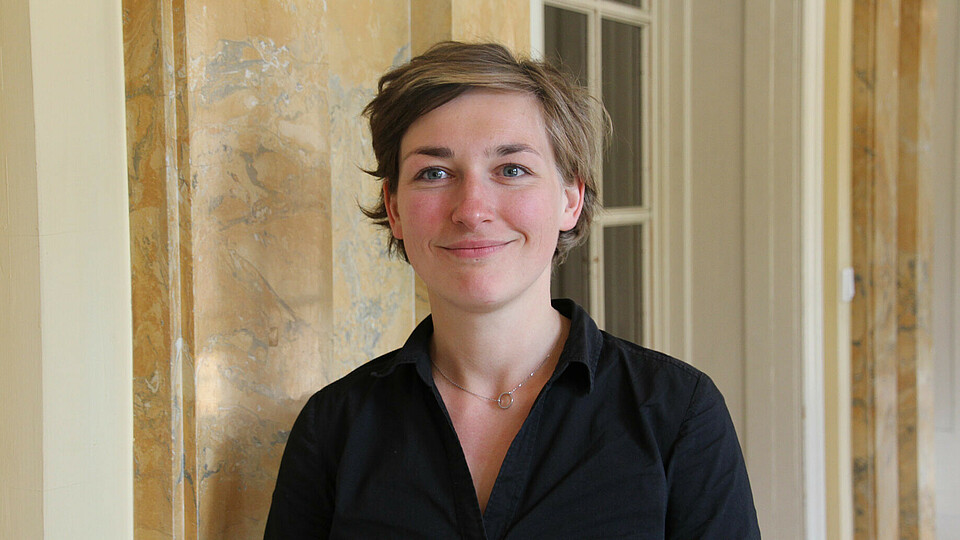
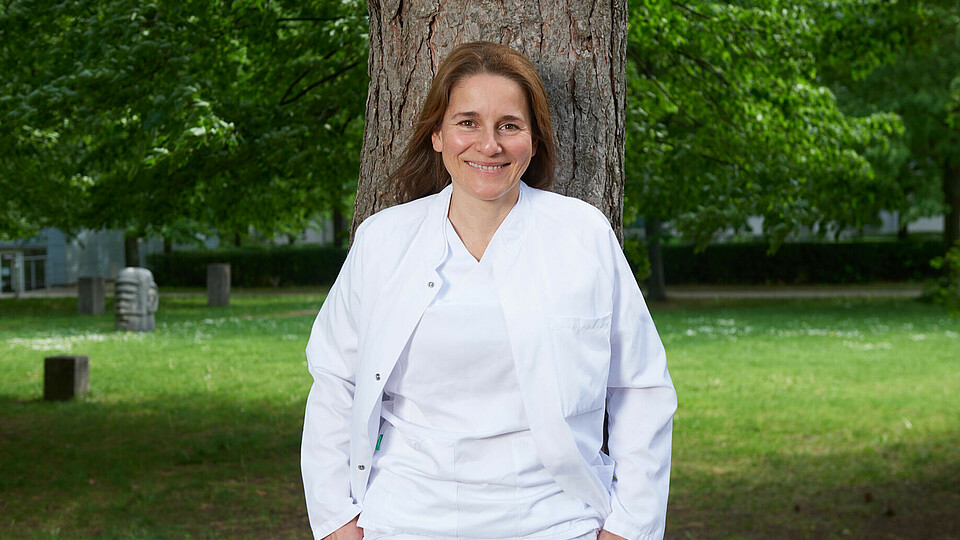
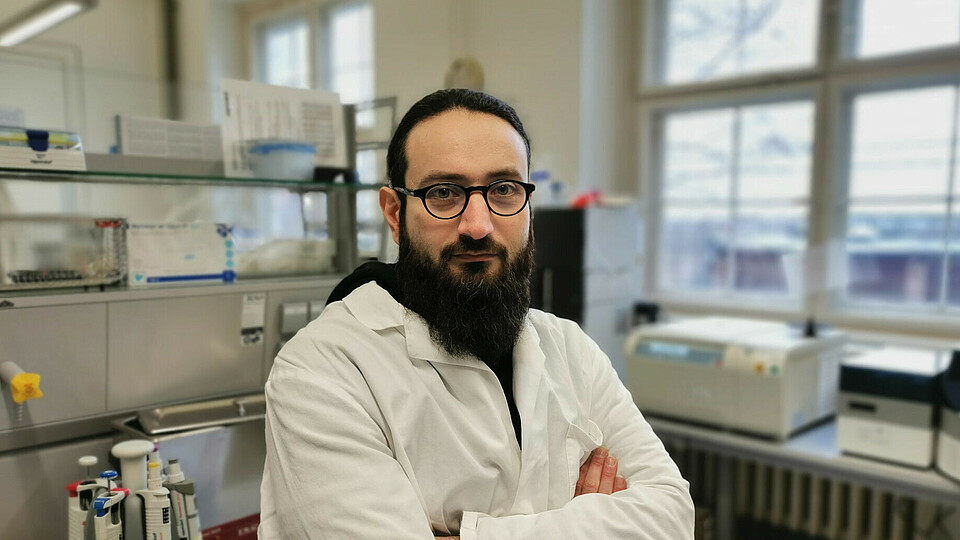
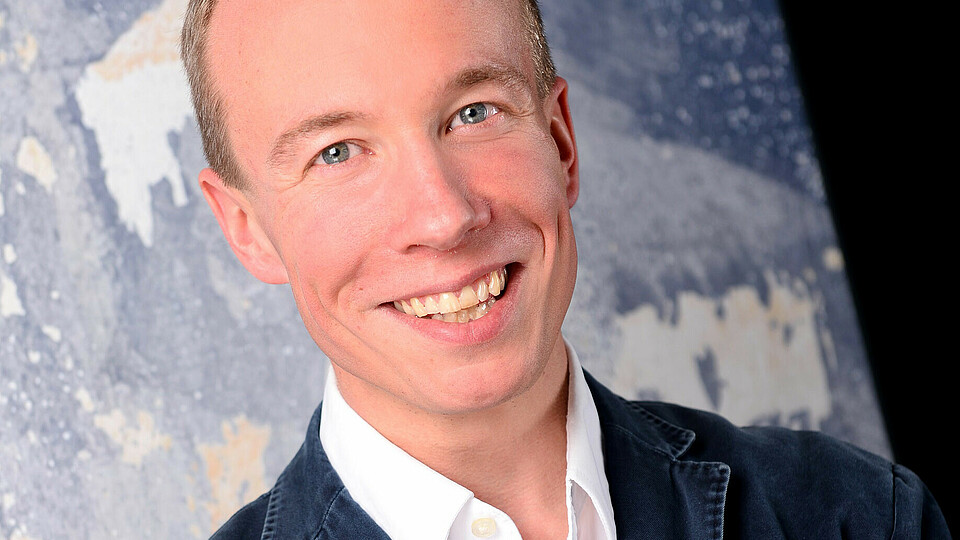
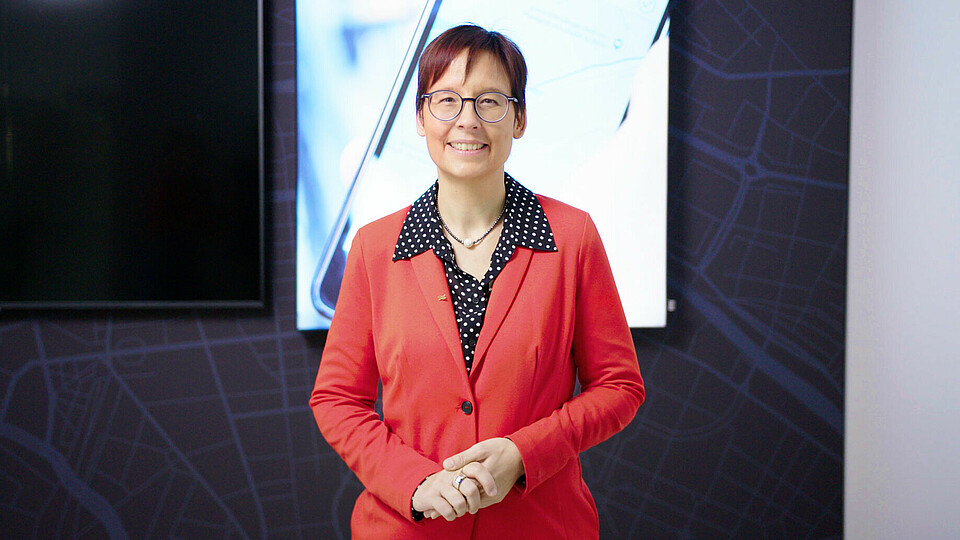
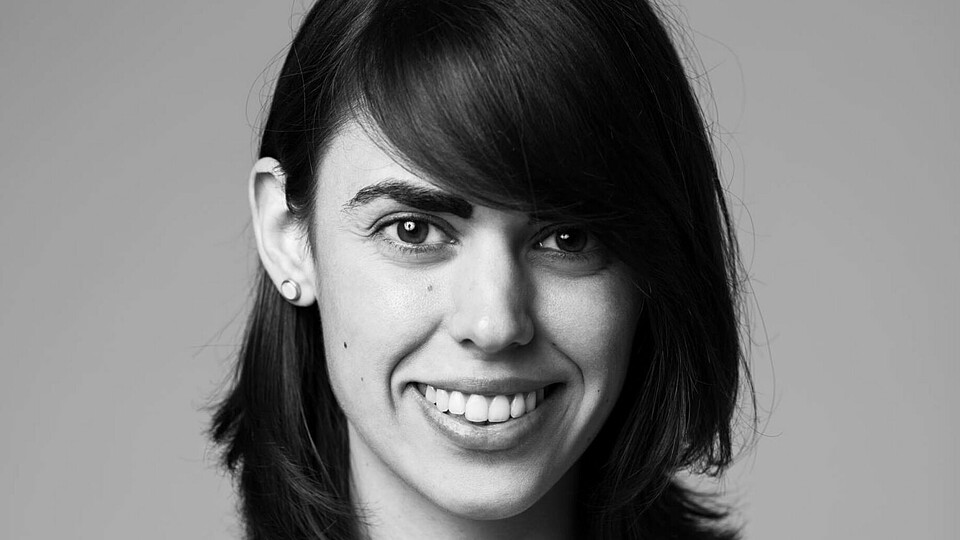
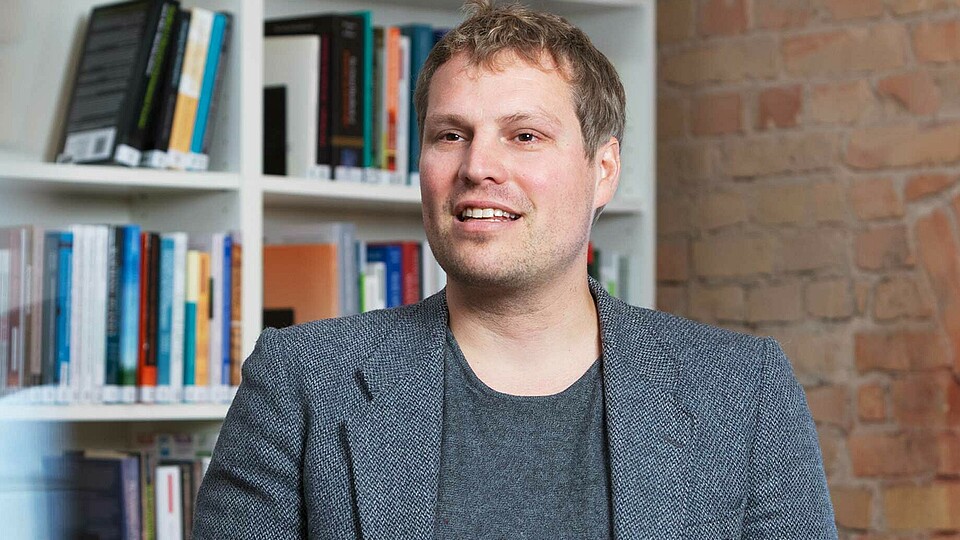
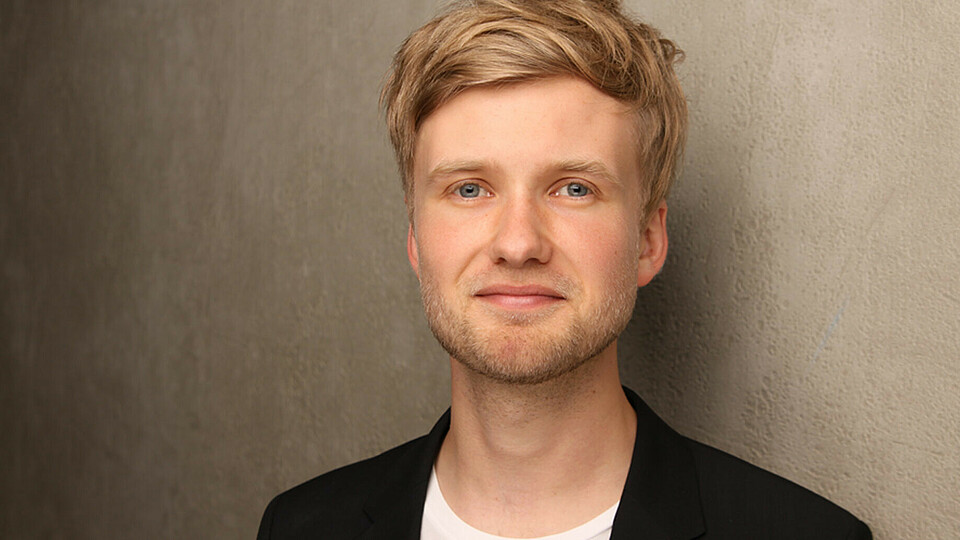
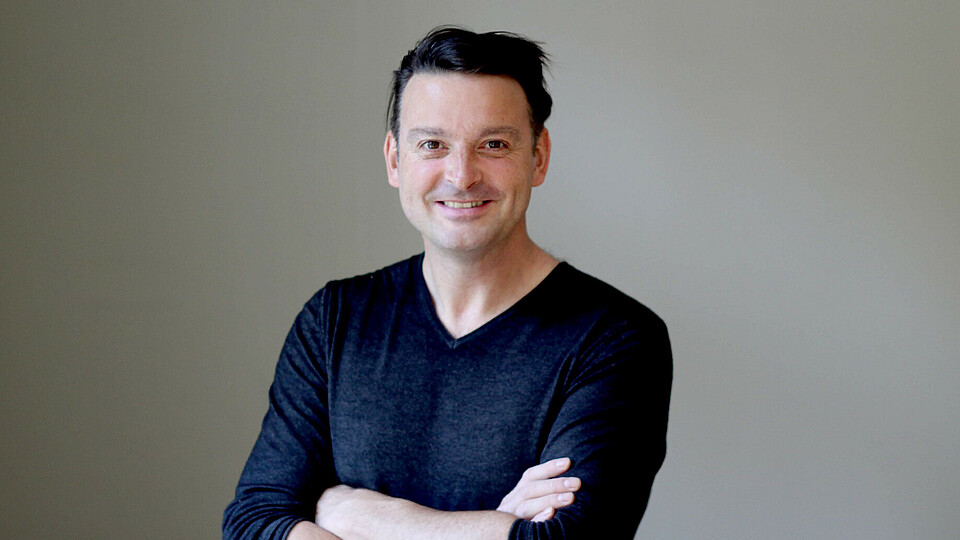
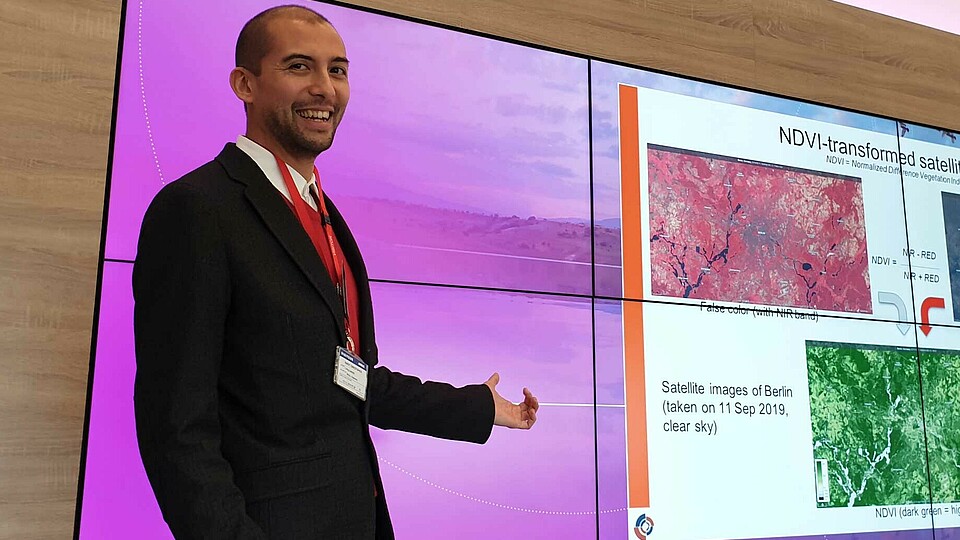
![[Translate to English:] [Translate to English:]](/fileadmin/_processed_/b/c/csm_Lang_Berlin-Partner_Philipp-Jester_683x384_31db623bc3.jpg)